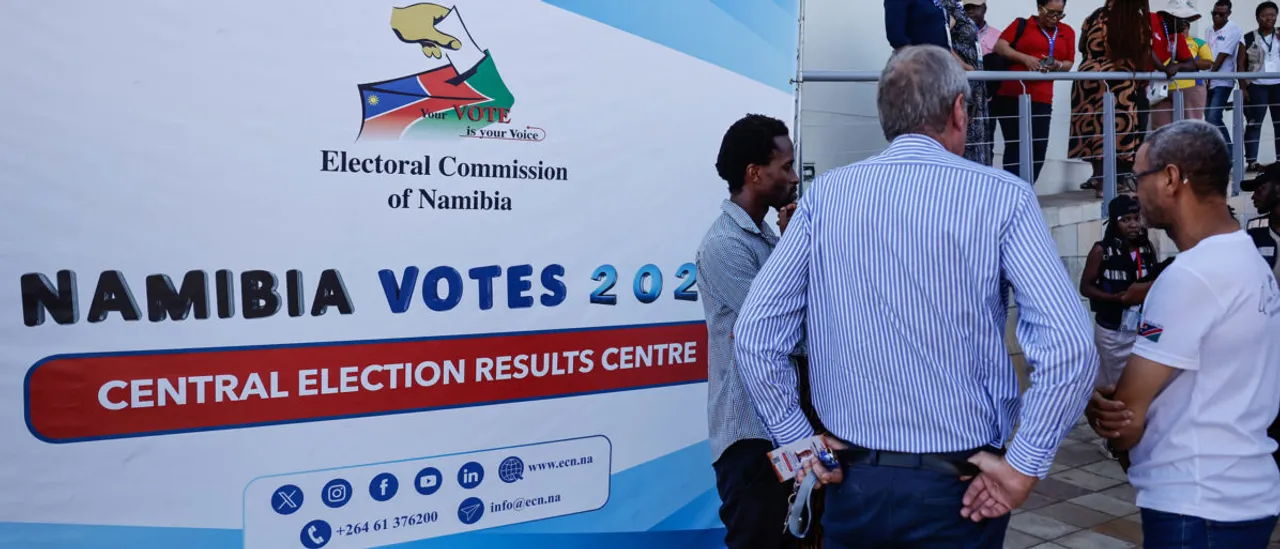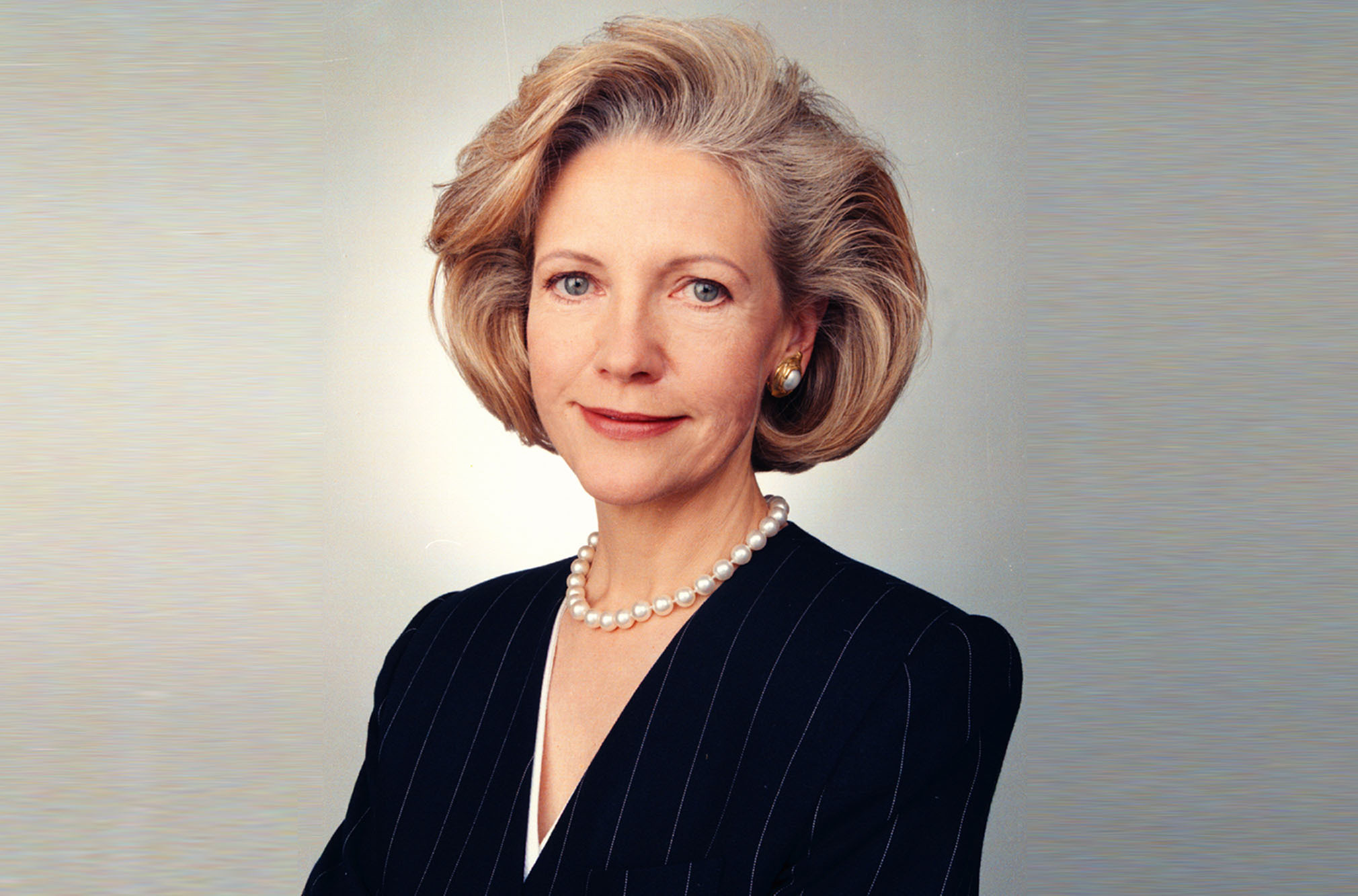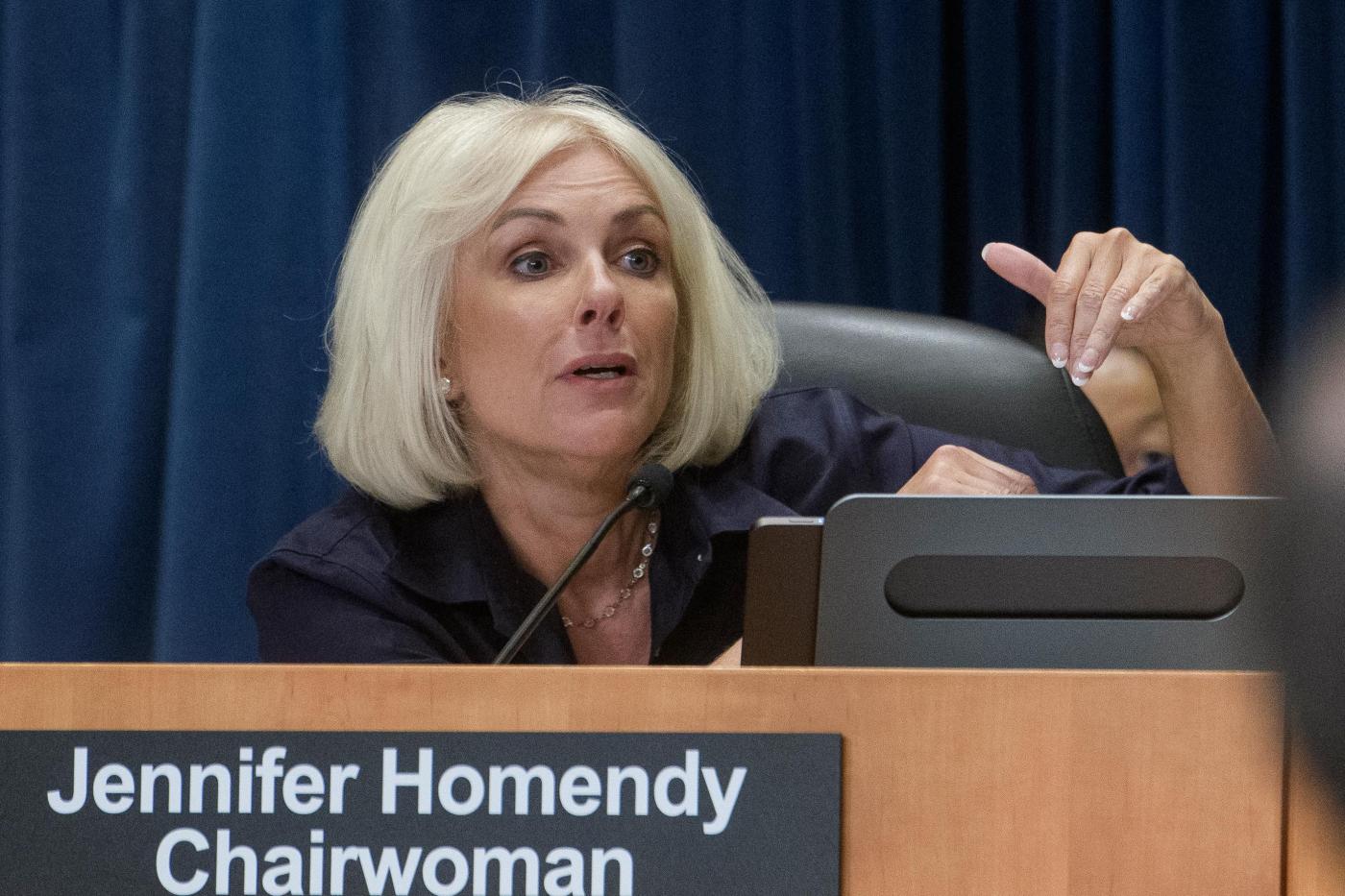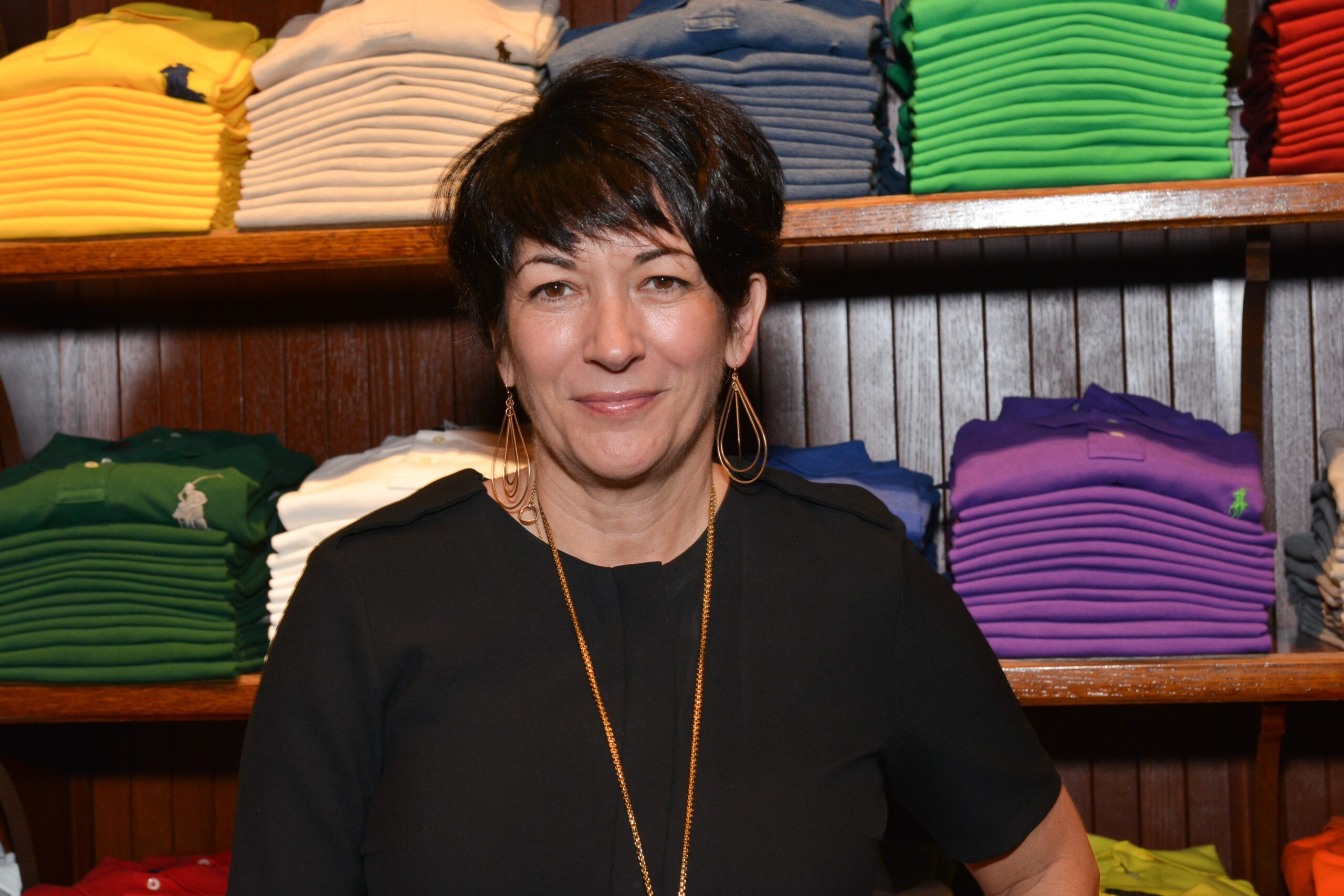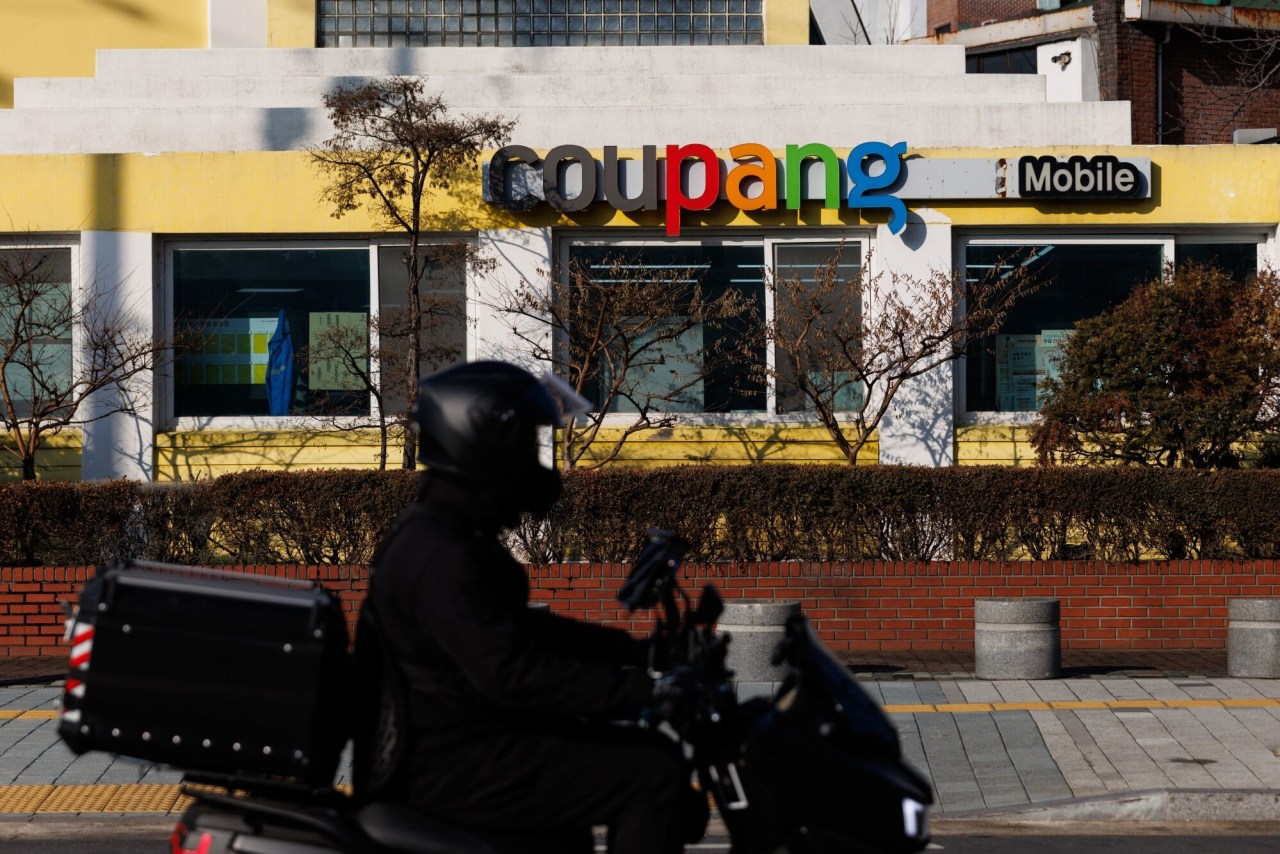A politician named Adolf Hitler Uunona is on track to secure his fifth term as councillor for the Ompundja constituency in northern Namibia during elections scheduled for November 26, 2025. According to forecasts from Namibia’s electoral commission reported by the Jewish Telegraphic Agency, Uunona is expected to win decisively, similar to his previous performance in the 2020 elections, where he garnered an impressive 85% of the vote.
Uunona, aged 59, has represented the Ompundja constituency since 2004 as a member of the South West Africa People’s Organization (SWAPO). Despite sharing a name with the infamous German dictator, he has consistently distanced himself from the historical figure. “My father gave me this name Adolf Hitler, but it does not mean I have Adolf Hitler’s character or resemble that of Adolf Hitler of Germany,” Uunona stated in an interview with The Namibian after his 2020 victory. He emphasized that he does not align with the ideologies associated with his namesake, who was responsible for atrocities during World War II.
A Name With Historical Weight
The name Adolf Hitler has become a topic of conversation in Namibia, with Uunona explaining that he “didn’t have a choice” regarding his name. The unusual moniker is a reflection of Namibia’s colonial history, during which the territory was under German rule from 1884 to 1915. Many Germanic first names remain prevalent in Namibia today, a legacy of that colonial period, which also left deep social scars. From 1904 to 1908, German colonial forces committed genocide against the Ovaherero and Nama people, resulting in the deaths of approximately 70,000 individuals.
In 2021, Germany formally recognized these atrocities, and Namibian leaders continue to pursue reparations. The impact of German influence persisted long after Namibia gained independence from South Africa in 1990. Some Nazis reportedly fled to Namibia after World War II, contributing to a complex relationship with the colonial past, including instances of German-Namibians greeting each other with “Heil Hitler,” as documented in a 1976 article by The New York Times.
Political Landscape and Future Prospects
Uunona’s party, SWAPO, has maintained political control in Namibia since its independence, shaping the country’s governance and policies. As he approaches another election, Uunona’s name continues to evoke mixed reactions, blending historical recognition with contemporary political realities. His leadership and ongoing representation of the Ompundja constituency will likely remain significant as Namibia navigates its post-colonial identity and seeks to address the historical injustices of its past.
With the elections just around the corner, Uunona’s potential victory is a reminder of the complexities inherent in names, history, and politics. As voters prepare to head to the polls, his personal narrative intertwined with Namibia’s colonial legacy will undoubtedly influence public discourse in the coming days.

